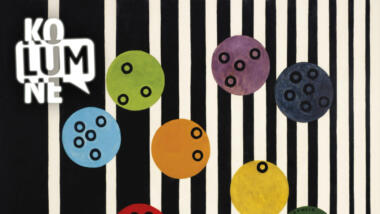Der amerikanische Medienjournalist Douglas Rushkoff hat ein Wirtschaftsbuch namens „Get back in the box: Innovation from the Inside Out“ geschrieben. Offensichtlich wurde er immer wieder von Vertretern der Old Economy angesprochen, die sich den modernen Flair der vernetzten Community verleihen wollten, ohne jedoch irgendetwas von den Modellen und Methoden verstanden zu haben.
In seinem Weblog stellt Rushkoff jede Woche ein Kapitel seines Buches als „thought virus“ vor. Diesmal: Hackerkultur, Kollaboration und Open Source:
Here, I contextualize the open source ethos as part of a bigger renaissance: the emergence of an „authorship society.“ […]
This is the spirit of authorship presaged by the Internet and now extending to every area of our lives. The hacker mentality is all around us, evidenced in everything from the hubris to learn the entire genetic code and attempt human cloning to a growing stack of new translations of the Bible. […]
It is the real legacy of the open source movement—misunderstood even by many of its participants as solely a way to develop computer operating systems, and underestimated in its potential impact by even its staunchest opponents. As I’ve come to see it, the deeper cultural agenda is based on three far-reaching assumptions:
1. The systems by which we live are inventions and conventions.
2. The codes underlying those systems can be learned and rewritten.
3. This process best takes place collaboratively.It’s those same three stages of renaissance we’ve been looking at all along: moving from passivity to gaining a perspective and then to attaining the power of authorship. Finally, the desire to acquire and spend social currency fuels a spirit of collaboration. We play the game by the rules, we learn enough codes to cheat, and ultimately rewrite the game and share our creations with others.




0 Ergänzungen
Dieser Artikel ist älter als ein Jahr, daher sind die Ergänzungen geschlossen.